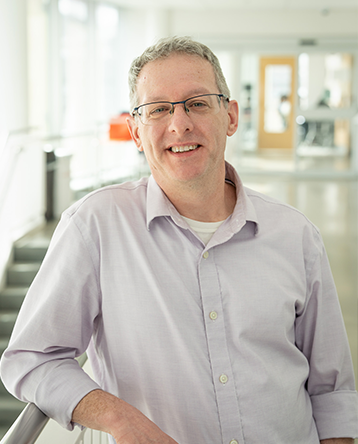Steven Chase designs brain-computer interfaces to study cognitive processes such as learning, memory, and skill acquisition. His work stands to provide a better understanding of how movement information is represented in networks of neurons in the brain and will inform the development of neural prosthetics.
Chase is jointly appointed in the Department of Biomedical Engineering and the Center for the Neural Basis of Cognition and holds courtesy appointments in Electrical and Computer Engineering and the Robotics Institute. Chase is an IAMBE fellow, a recipient of the National Science Foundation’s CAREER Award and the Dean’s Early Career Fellowship, and was a Wimmer Faculty Fellow in 2013-14. His work has been supported by the NIH, NSF, DARPA, IARPA, the Craig H. Neilsen Foundation, the Shurl and Kay Curci Foundation, and the Pennsylvania Department of Health.

